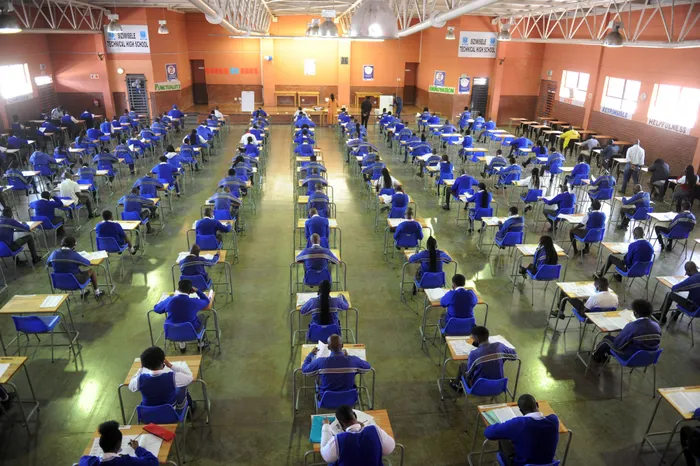Publishing of matric results: Judgment expected today

An urgent matter was brought before the Pretoria High Court by the Information Regulator (IR) to stop the Department of Basic Education (DBE) from publishing the matric results
Judgment in the urgent matter brought before the Pretoria High Court by the Information Regulator (IR) to stop the Department of Basic Education (DBE) from publishing the matric results, will be heard today.
The case began in the Pretoria High Court on Tuesday and civil rights organisation, AfriForum, along with other parties, including Maroela Media, was added as interested parties to the case by the IR.
Judge RG Tolmay said she could not decide on the merits of the case as a whole, but only on its urgency.
According to Alana Bailey, AfriForum’s head of Cultural Affairs, AfriForum and other parties succeeded in a case on the same issue in 2022.
“The judge ruled in favour of AfriForum that the release of matric results was in the public interest and that the use of examination numbers instead of the matriculants’ names provides sufficient protection for their privacy.
"An order was then issued that the results had to be published. This order is still valid, and the DBE therefore argues that it has no other choice but to oppose the IR’s instruction to withhold publication of the results.
“The case where the merits of the withholding or publication of the results will be decided will follow later in the year, but at present the urgent application is necessary in order to clarify whether the results may be published in newspapers and on other public platforms next week, or not,” said Bailey.
Labby Ramrathan, a UKZN education expert, said: “I think that the IR is making a big deal of this issue and destroying the spirit of this tradition of publishing exam results. It is only the learner that has personal knowledge of his or her exam number. And as such, one cannot understand where personal info is being made public.
“The IR should focus more on how telesales get personal information on individuals, which is more disturbing to the general public, and flaming scamming incidents.”
Vee Gani, chairperson of KZN Parents Association, said the results being published in the newspaper did not go against the rights of learners.
“It should be published in the paper. It is a historical practice. The IR is citing that publishing learners' results goes against the Protection of Personal Information Act, but no personal details besides the examination number is published.
“Only those who know the examination number would know which learner it is, and not everyone has access to this information."
Gani said by publishing the results, learners, who were not in close proximity to their schools, have the option to go out and buy the paper and check their results, no matter where they are.
“Previously your name and surname would be in the paper. Now you only get an exam number, so it closes the gap on the right to privacy. The majority of the people look to newspapers to get their results. It's an age-old tradition for children to go together and with their families to check the results in the newspaper.
"There are no easier forms for giving the information out. The newspaper becomes a keepsake as well. I see no harm in publishing the results when the identities of the children are not exposed. This urgent application is a waste of money and the courts time and it is too close to the release of the results,” Gani added.
Related Topics: